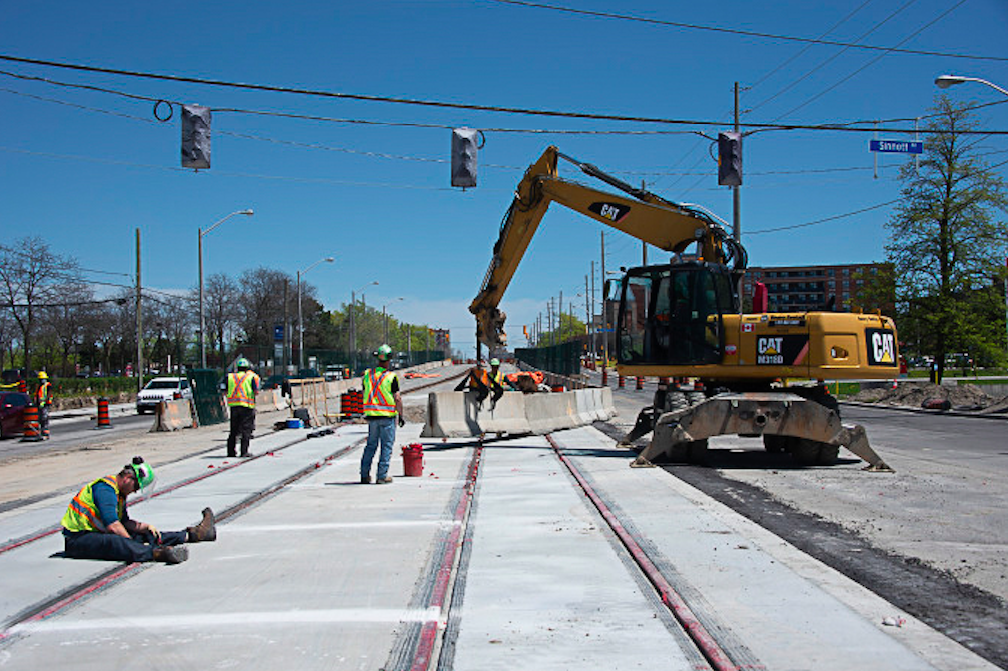Since the start of 2019, the phrase ‘subway upload’ was frequently used to describe the provincial government’s plan to take-over responsibility for the construction and operation of new TTC projects. In particular, the province has emphasized the City of Toronto and the TTC’s inability to build transit for decades despite the completion of recent large-scale projects such as the Line 1 extension.
With the introduction of the Ford government’s ‘Getting Ontario Moving Act’, the City of Toronto, TTC, and city residents have a much clearer understanding of what ‘upload’ means. The bill, as identified by Toronto City Manager Chris Murray, grants “broad authority to the province and places significant restrictions and obligations on the City of Toronto and TTC.”
The current transit system will remain the responsibility of the City and TTC, but all future transit projects will be under the direction and ownership of the province via Metrolinx. Metrolinx is a crown agency that's responsible for developing transit infrastructure across Ontario tasked with projects such as implementing the PRESTO fare system and constructing the Eglinton Crosstown LRT.
Additionally, the Minister of Transportation must approve all work by the TTC or City of Toronto on transit projects that are “in close proximity... or substantially similar” to Metrolinx’s projects such as those identified in Ford’s transit plan for the city.
In cases where the City of Toronto and TTC work on a transit project, the province can require them to transfer assets such as real estate to Metrolinx “with or without compensation.” In short, the provincial government will have near total say over what the TTC and the City can do regarding future public transit projects.
As a result, significant ambiguity remains over cost sharing for the maintenance and operation of future transit within Toronto and more prominently, the City and TTC will be highly unlikely to have much influence in how Toronto’s transit will be built going forward.
The rationale for severely restricting the roles of two of the largest stakeholders, the TTC and the City of Toronto, in Toronto’s public transit is puzzling as they will be responsible for its daily operation and directly accountable to local commuters. Rather than a rehash of talking points regarding a lack of transit within Toronto, the City and TTC deserve a better explanation from the province as to why they are being sidelined if it is in the best interest of city residents.

